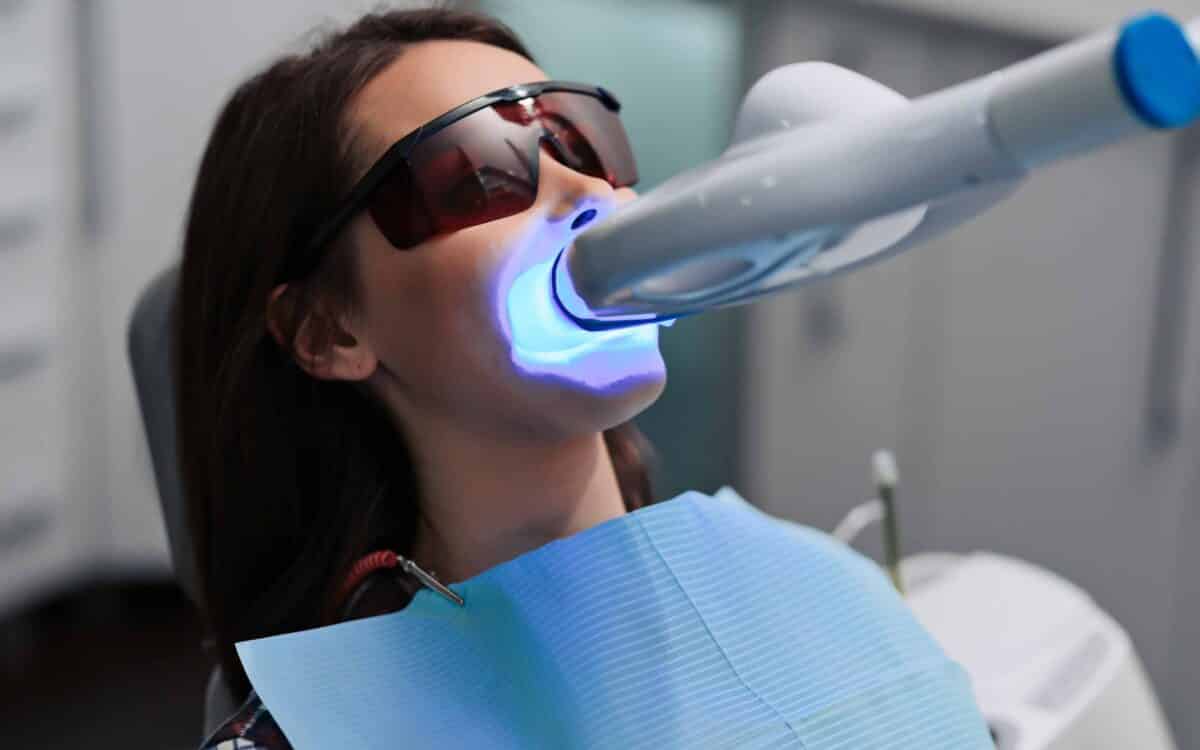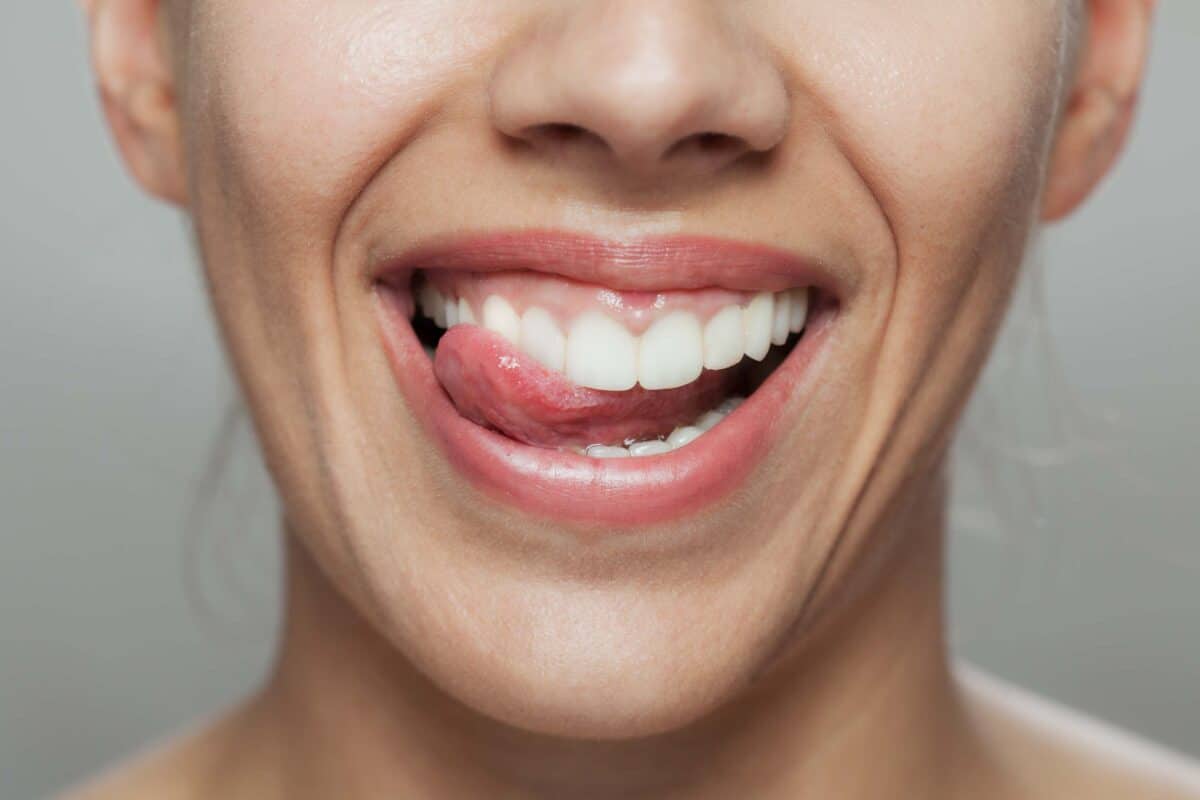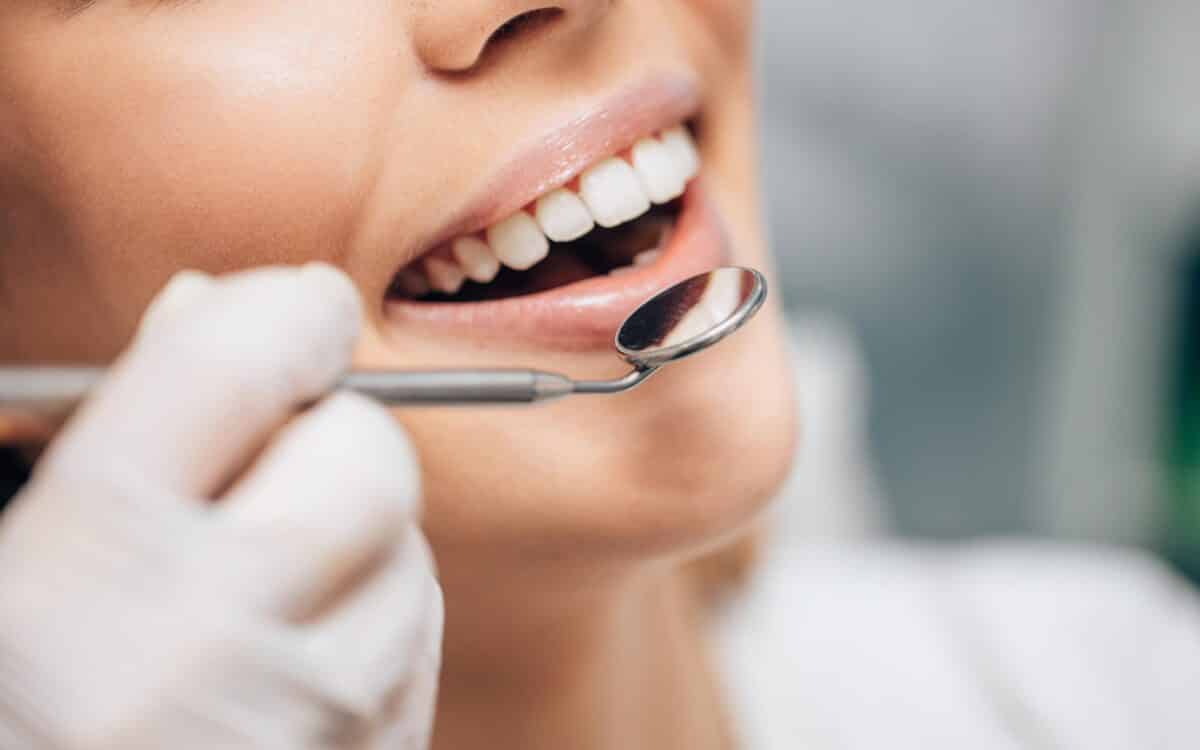For many people, the thought of visiting the dentist brings back memories of sharp instruments, loud dental drills, and painful procedures. But what if your next dental visit could be quieter, gentler, and nearly pain-free? That’s exactly what laser dentistry offers—and it’s quickly changing the way patients experience dental procedures.
At Smith Dentalworks, we proudly use the Solea® Laser, an advanced dental laser system that can perform a wide variety of treatments without the need for needles, drills, or long recovery times. But is it better than traditional tools? Let’s explore.
What Is Laser Dentistry?
Laser dentistry uses focused light energy to treat both soft tissue (like gums) and hard tissue (like tooth enamel). There are different types of lasers designed for various procedures, including soft tissue lasers for gum reshaping and hard tissue lasers for treating cavities.
The American Dental Association supports the use of laser technology for many dental treatments. At Smith Dentalworks, we use it for everything from gum disease treatment to teeth whitening, cavity removal, and even tongue-tie surgeries.
How Does the Solea® Laser Work?
Unlike traditional tools, the Solea® Laser combines heat and light to precisely target diseased or damaged tissue. It’s so accurate that it often eliminates the need for local anesthesia. Most patients feel little more than a cool sensation—many say it’s like eating a snow cone.
There’s no vibration, no pressure, and no loud sound, making it ideal for patients with dental anxiety.
Laser Dentistry vs. Traditional Dental Tools
Here’s how laser dentistry compares to traditional tools:
- Pain and Inflammation: The laser seals nerve endings and blood vessels as it works, which means less swelling and faster healing.
- Needles and Drills: Most laser treatments don’t require shots or drilling, which makes the experience more comfortable.
- Healing Time: Because lasers are more precise and cause less trauma, you may heal faster and avoid complications like infection.
- Dental Procedures: Lasers can be used for everything from cavity fillings to gum contouring, giving your dentist a versatile and powerful tool.
Traditional methods still have their place, but when comfort and precision matter, laser dentistry often comes out ahead.
Additional Benefits of Laser Dentistry
- Sterilization: The laser creates a sterile field, reducing the risk of infection.
- Fewer Appointments: Some treatments can be completed faster or combined into a single visit.
- No Stitches Needed: In many soft tissue procedures, the laser eliminates the need for sutures, which shortens healing time and improves comfort.
For people who have delayed treatment due to fear, laser dentistry offers a more relaxed and positive experience.
Discover a Better Dental Experience with Laser Technology
At Smith Dentalworks, we believe
innovation should serve one purpose: your comfort. The Solea® Laser has transformed how we treat our patients, making dental visits easier, faster, and more pleasant. Whether you’re dealing with gum disease, need a filling, or want a whiter smile, laser dentistry can help.











